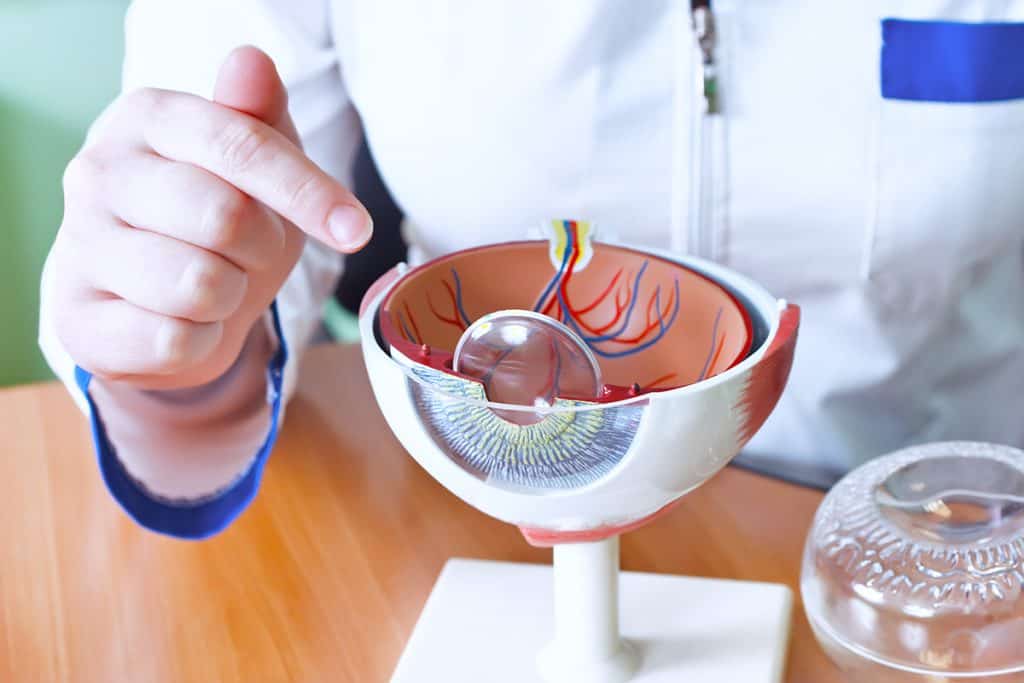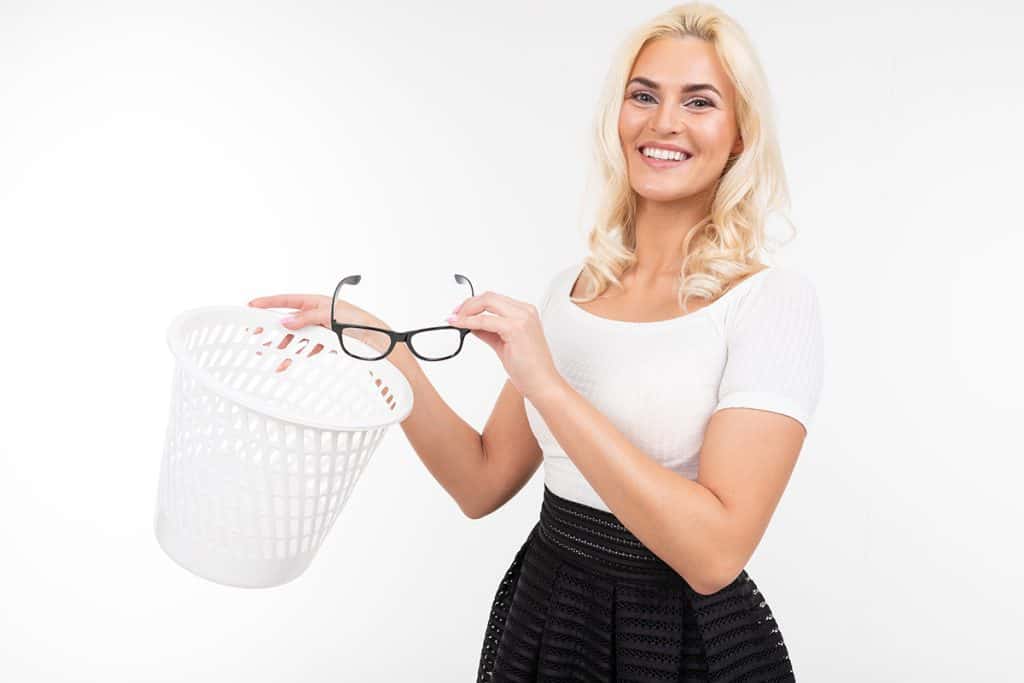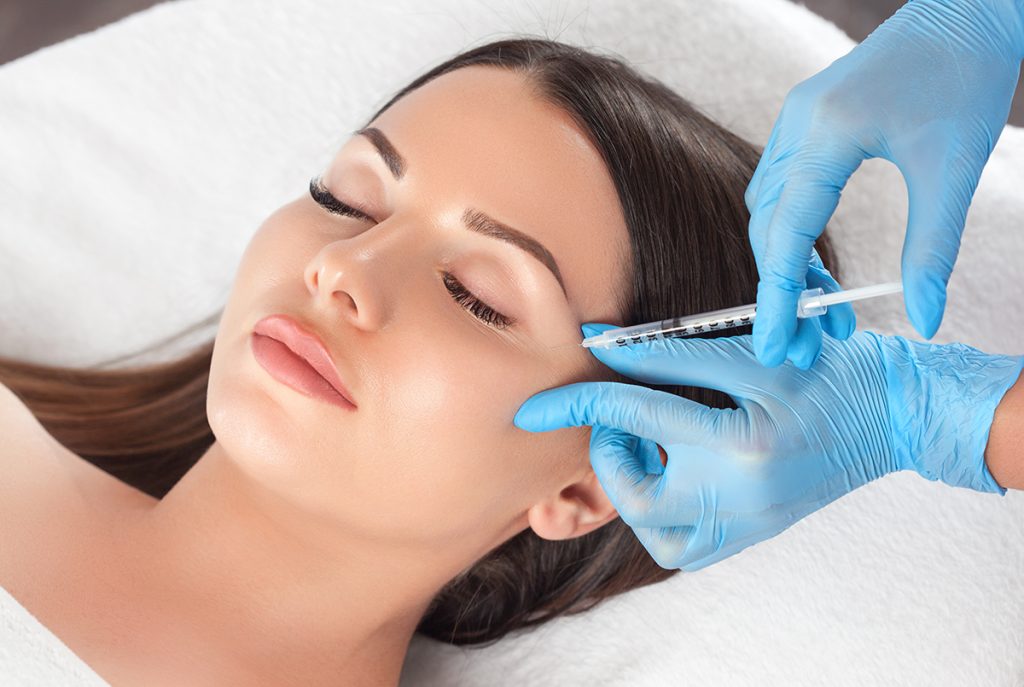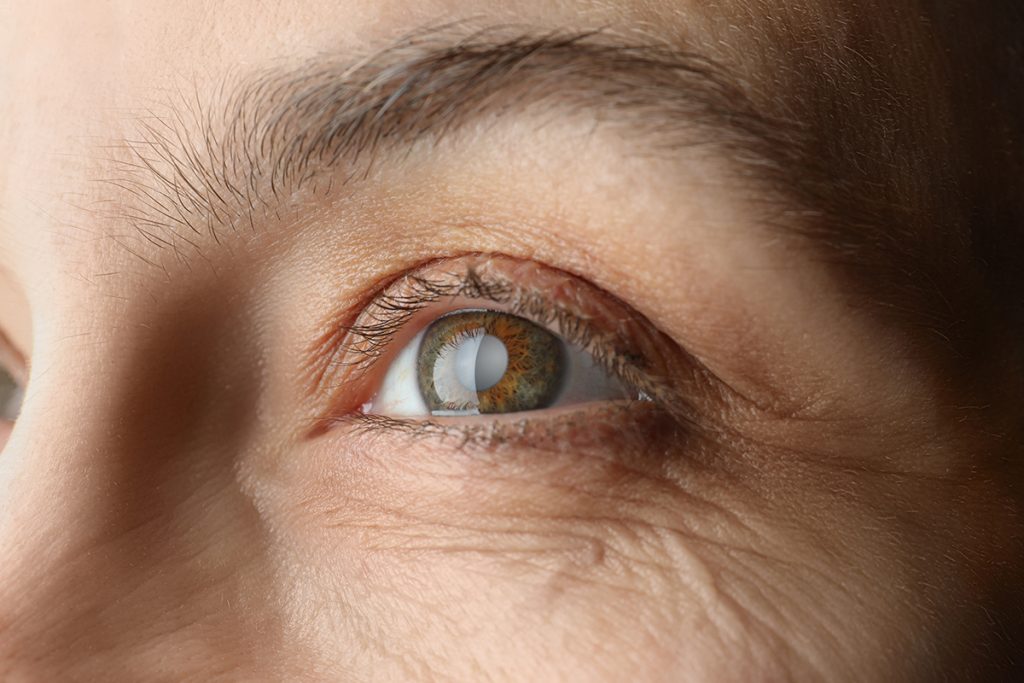
Summertime means long hours in the sun on the beach, by the pool, or enjoying outdoor activities. While we often remember sunscreen, protecting your eyes may be forgotten in the rush to have fun. Babies, kids, and adults must shield their eyes from UV (ultraviolet) exposure year-round. July is UV Safety Awareness Month, and our eye doctors at Boston Eye Physicians and Surgeons want you to understand the risks associated with sun exposure and eye health.
UV radiation from natural sunlight or artificial lights indoors can damage the surface tissues of your eyes, and many people are unaware of how sunlight can increase the risk of eye diseases and conditions or worsen existing eye concerns. The best way to lower your risk of potentially blinding eye diseases and tumors is to wear wrap-around, UV-blocking sunglasses whenever you’re outdoors.
Cataracts
While cataracts are “curable” with cataract surgery, they can cause significant vision impairment and blindness when left untreated. Cataracts can form earlier due to excessive sun exposure throughout your life, which is why even babies and children should wear UV-protective sunglasses and hats.
Macular Degeneration
Cataracts and macular degeneration are the most common eye diseases linked to sun exposure. Macular degeneration affects the macula (located in the center of the retina, at the back of the eye) and causes central vision loss. There is no cure for macular degeneration; treatments may only slow the progression. Once vision is lost with this eye disease, there’s no getting it back.
Skin Cancer of the Eyelids
The thin skin tissue around the eye is susceptible to skin cancer, which may show up as bumps that bleed, discoloration on the eyelids, chronic inflammation, and loss of eyelashes. Melanoma is a type of skin cancer that may develop on the eyelids and cause blurry vision.
Pinguecula and Pterygium
People who spend most of their time in the midday sun around reflective surfaces, such as snow, water, sand, or ice, can develop growths on their eyes. The sun reflects off these surfaces and amplifies UV rays. Pinguecula is a type of growth that forms inside the eyelid on the conjunctiva (the clear coating over the white section of the eye) and causes dry eyes, redness, and inflammation. Pterygium is a raised bump on the conjunctiva that may extend onto and cover the cornea, affecting vision. It is nicknamed surfer’s eye because it tends to affect surfers, but it also commonly affects farmers and other people whose professions involve excessive sun exposure.
Snow Blindness
Snow blindness is a type of photokeratitis that is like a sunburn on the eye. It develops quickly after UV light is reflected off a surface and often sends people to the emergency room. Snow blindness may cause severe eye pain, blurred vision, headache, a feeling of something in the eye, and temporary loss of sight. Photokeratitis typically resolves itself and doesn’t cause permanent blindness.
Our eye doctors hope you enjoy summer and remember to protect your vision with sunglasses all year long. Schedule an eye exam at Boston Eye Physicians and Surgeons in Brookline, Massachusetts, today at (617) 232-9600 or by clicking Book Online.










